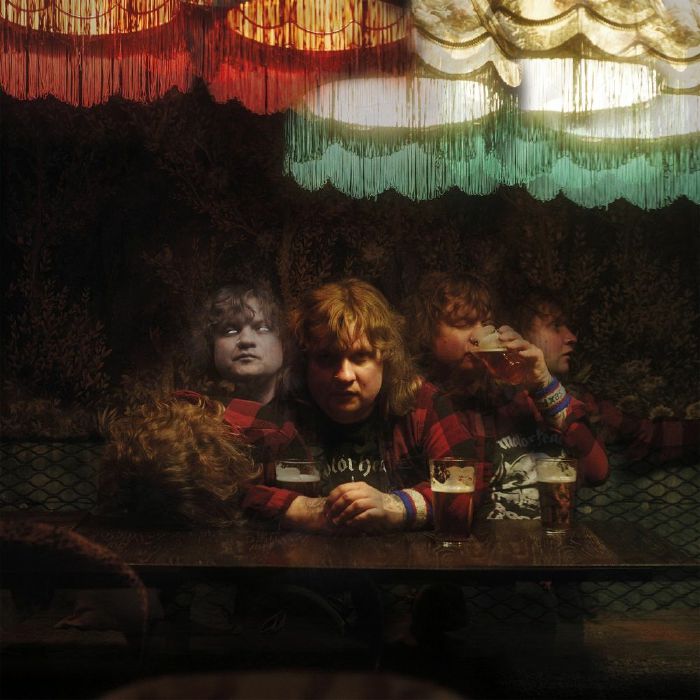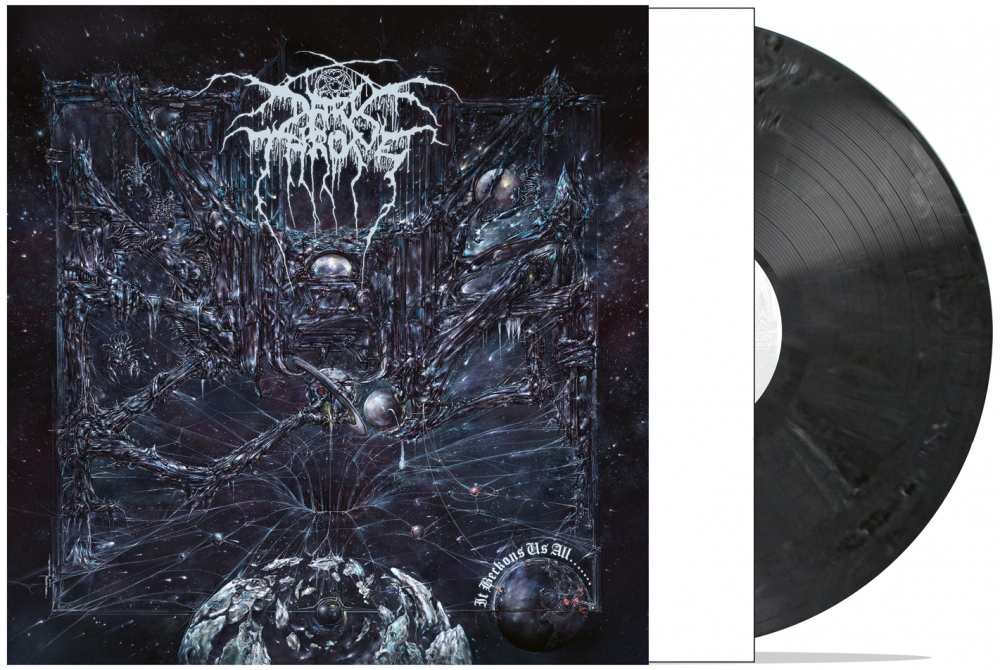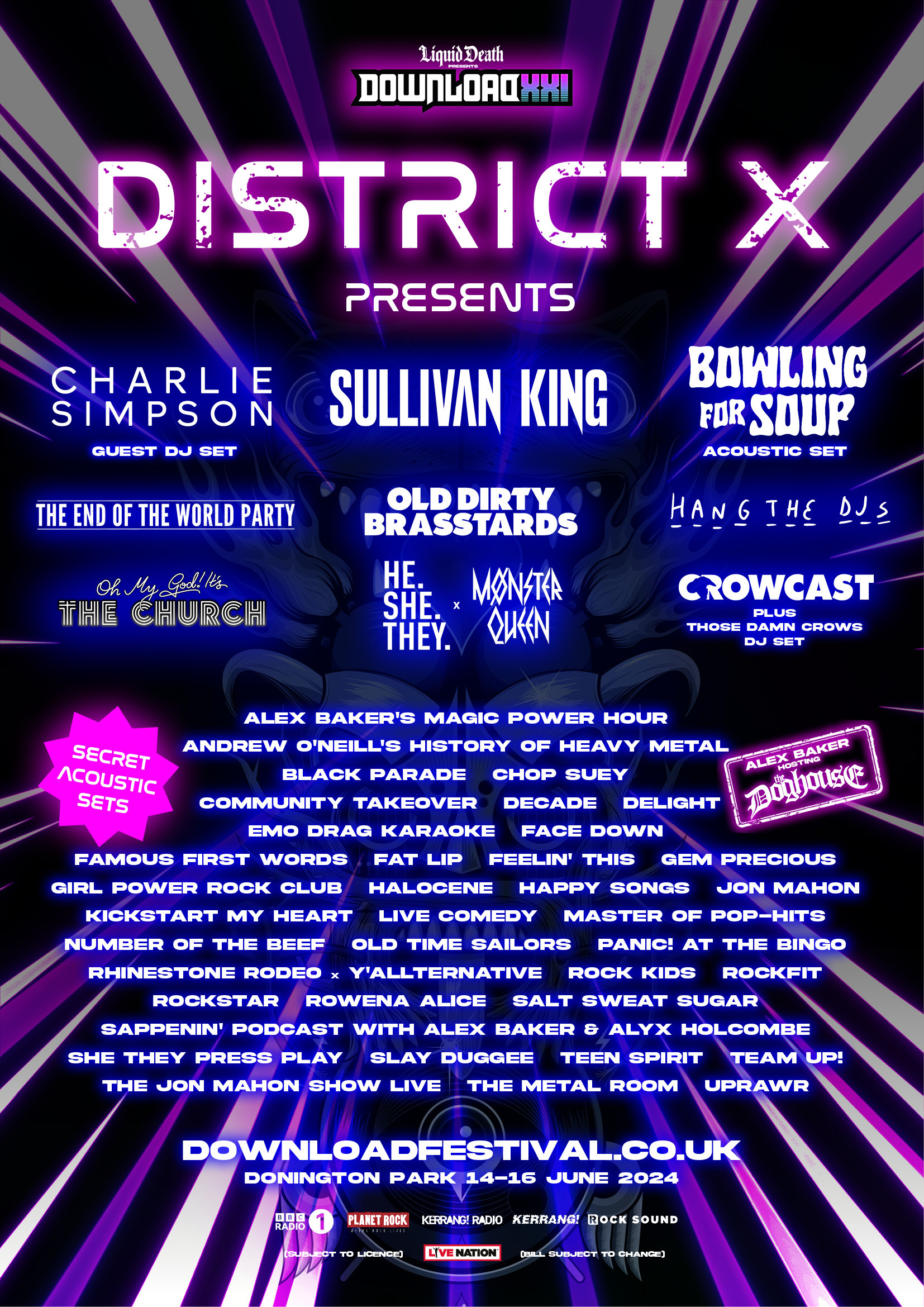
Filter should have been a hell of a lot bigger than they were. Despite an exceptionally strong start, with The Short Bus, Title Of The Record (boasting a monster hit in the shape of Take A Picture), and The Amalgamut, Richard Patrick’s well documented struggles with addiction resulted in a five-year hiatus that served to derail the band’s progress. During that period, he would dabble in various projects, including the short lived The Damning Well and Army Of Anyone, the latter releasing a single album, before he returned to Filter in 2007 to release Anthems For The Damned. The band has subsequently continued to bubble under the surface, with albums emerging every two-to-three years up to 2016’s Crazy Eyes.
It would be six long years before the band would return with a follow up to Crazy Eyes, with difficulties besetting a project which, initially, was to see the long-awaited reunion of Richard Patrick and Brian Liesgang (original Filter member, whose last collaboration with the band was The Short Bus). In the end, the project stalled, at least partially as a result of funding issues, and Liesgang departed, although he remains credited on two tracks (Summer Child and Command Z). Finally titled The Algorithm, the record emerged in mid-2023, only for the much-delayed vinyl edition to disappear into a black hole until now – hence this somewhat after-the-fact review.
The Package
Housed in a gatefold sleeve, with the monochromatic art continuing into the centre, it’s a simple package. The vinyl itself is housed in a printed inner sleeve bearing lyrics and liner notes, but there’s no booklet or download card included. The vinyl itself is pressed on black vinyl, which proves to be satisfyingly crackle free, but it’s an otherwise disappointingly simple set.
Side 1
Opening with the dynamic chug of The Drowning, The Algorithm sees Richard exploring a sound not unlike Gary Numan’s recent work, albeit with more explosive stabs of metallic noise, and a typically melodic chorus. It makes for a strong, multi-layered opening to the album, combining familiar Filter beats, with some darker elements that serve the song well. Next up, the churning bass of Up Against The Wall sees the band taking additional sonic risks. While Richard’s inalienable gift for melody remains, the sound palette has definitely advanced, and it makes for an interesting track that sits on a weird nu-metal / industrial axis that works surprisingly well. No less experimental, For The Beaten is an intense and dynamic offering that sounds like U2 fighting it out with Korn and White Zombie – and while it takes a few listens to fully wrap your head around the sonic squall, it’s worth spending the time with it. In contrast, and rather more traditionally in the Filter mould, Obliteration is simply a great rock song and a necessary reset after the schizophrenic tracks that precede it. Then again, the band wrongfoot you once more with Say It Again. While you may think you know where it’s going, with its quiet intro echoing the central melody, the results are far more explosive than you are led to believe, and it makes for a blistering outing. It leaves Face Down to close out the first side, with the band defaulting to a more straight-forward sound.
Side 2
Opening side 2, the stuttering Summer Child is one of two tracks left over from the original Rebus project. A co-write with Brian Liesgang, it has a very different vibe to the other tracks found here and, despite a strong melody, its mid-paced alt-rock tone stands at odds with the more futuristic fare found elsewhere. The album gets back on track, however, with the gleaming metal of Threshing Floor, which operates in similar territory to 3Teeth, all hulking percussion, huge riffs and chugging bass. A neat sidestep into the realm of early Nine Inch Nails, Be Careful What You Wish For reminds us that Richard recently sang Head Like A Hole at that band’s Rock And Roll Hall Of Fame induction, and it’s a great update of that still-powerful electro sound. As such, Burnt Out The Sun comes rather out of the blue, with the band breaking out the acoustic guitars for a rippling piece reminiscent of Take A Picture. A surprising move after the bombast that precedes it, the track would arguably have served as a better side opener than Summer Child, especially as it’s followed by another acoustic track, in the form of Command Z. The second of the Liesgang co-writes, it offers an awkward rhythm and surprisingly lacklustre lyrics, all of which makes for a disappointing finale, especially when you consider the band once concluded albums with masterpieces like Miss Blue.
Conclusions
As might be expected from an album that went through a painful and protracted gestation, The Algorithm feels slightly schizophrenic, a problem exacerbated by the fact that the sequencing isn’t as effective as it could be. Where the album works, we find the band continuing to push the boundaries, and tracks like Up Against The Wall and For The Beaten are perfect examples of this. On the other hand, tracks like Summer Child show why the Rebus project was shelved, and although there are those who would surely love to see Filter regurgitate The Short Bus ad nauseam, it’s clear that the band’s heart lies in progress over stagnation. As a result, The Algorithm is something of a quandary – caught between the project as which it began its life and the album Richard Patrick wanted to make – and all the less effective for the compromise. There’s plenty of great music here, but as an album, it lacks the easy cohesion of Filter’s best work, making you realise that the band works best when there’s a single vision driving it forward. 7/10










Leave a Reply